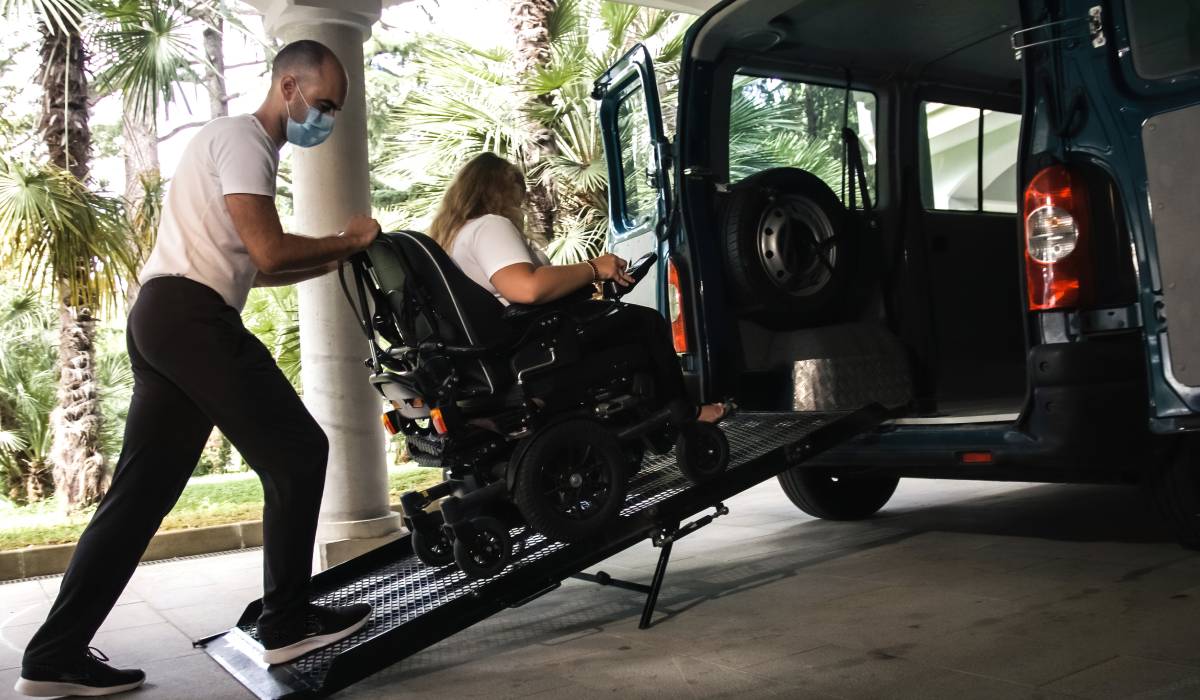Why Accessibility Matters With Ride-Sharing Services
- Casey Cartwright
- Business
- D.O.C Supplements - Trending News
- April 9, 2024

Crafting a world where accessibility is not an afterthought but the centerpiece of innovation in transportation is our collective, societal duty. The essence of why accessibility matters inherently resonates in the fabric of all transportation, particularly with ride-sharing services. This effort embodies our moral obligation to support inclusivity and holds the potential to enhance the experiences of all riders, regardless of their mobility limitations.
Imagine the arduous task of chasing your dream life in a wheelchair—stories untold of the joy experienced by many in just moving seamlessly among a diverse community. For the mobility-limited community, these scenarios are not mere thought experiments but daily, tangible challenges.
Our step forward begins with acknowledging the lived experiences that propel the movement for a more accessible transportation world. It’s about accommodating the mobility-impaired and individuals with diverse needs—from parents with strollers to individuals with sensory sensitivities. Each accessible feature isn’t just a checkbox but a triumph, an affirmation of an entity’s commitment to societal well-being and inclusion.
Ride-sharing services are stirring a revolution in convenience and affordability, yet the reality wavers between strides toward inclusivity and the realities of the road. These ventures introduce features like wheelchair-accessible vehicles, but their availability remains sporadic.
Policy gaps, technology limitations, and attitudinal barriers hinder an accessible ride for all. The narrative, however, is not one of stagnation; it’s one in which the industry is witnessing a surge of innovation and partnership.
In response to the imperative for accessibility, companies are initiating a metamorphosis in the design and implementation of their services. With tools like Audioguides and Apps tailored to visual-impaired users, technology is becoming the bridge for a more inclusive experience. Meanwhile, legislative efforts and advocacy by disability communities and stakeholders are shaping a future where access is universal.
We cannot overstate the intrinsic importance of why accessibility matters with ride-sharing services; it’s about economic equity and social empowerment. It portrays the birth of features and a cultural shift within the enterprises. In this voyage, our collective voice and choices will steer us toward the future we aspire to create—a mobility ecosystem reflective of every person’s innate worth and right to have their community at their doorstep. It’s an exciting prospect, the embodiment of moving and creating a diverse community.
Endeavors of such magnitude require a shared commitment. Users, advocates, and providers must foster an atmosphere where we champion accessibility. It’s a terrain of collaboration and action. By amplifying the call for inclusive ride-sharing, we are not just opening doors; we are paving the way for an equitable and enriching mobility landscape where everyone can partake in the joy of the ride.








